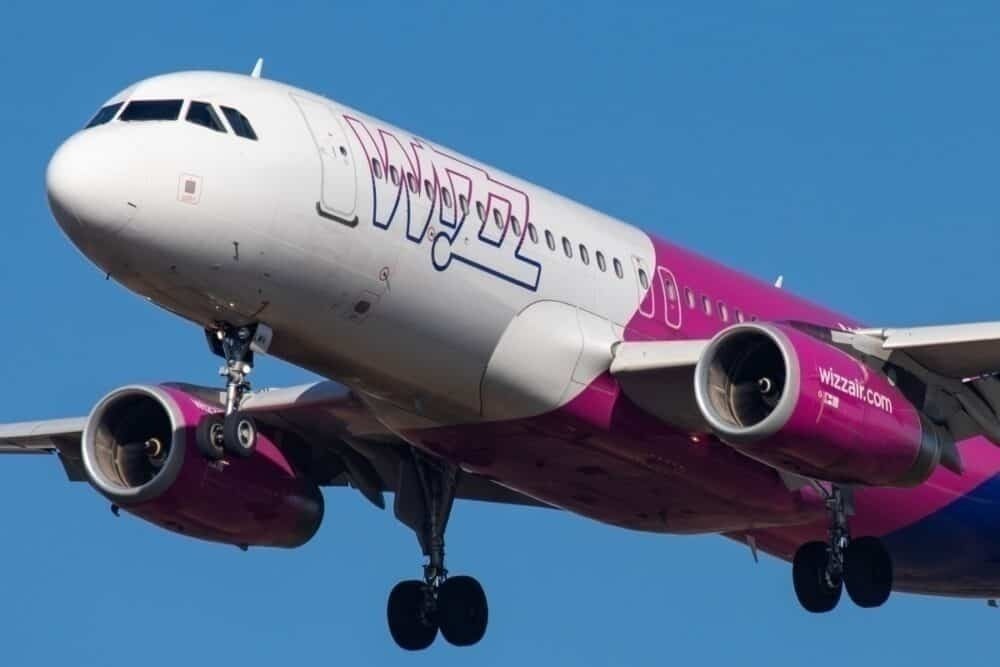British Prime Minister Boris Johnson announced yesterday that, on Thursday, November 5th, England would begin a four-week lockdown. This will include a range of regulations designed to limit the spread of coronavirus. The new restrictions will also impact travel. But how, exactly?

Second lockdown
Following an extensive delay, the Prime Minister announced the new measures in a press conference at 10 Downing Street yesterday evening. Britain’s first period of lockdown began with immediate effect, on March 23rd. This one, however, will contrast by not coming into effect until Thursday. This delay will allow MPs to vote on the restrictions on Wednesday, which the country’s Labour opposition is also expected to back.
There is also a contrast in terms of the areas affected by the restrictions. As of Thursday, only England will be subject to the measures, compared to the entire United Kingdom as was the case in March. The BBC reports that Johnson believes that to act now “could allow families to spend Christmas together.” The news follows the re-introduction of lockdowns in Belgium, France, and Germany earlier this week.
Normal service until Thursday
The Independent reports that the British government is advising citizens to “avoid all non-essential travel by private or public transport.” However, as the measures do not come into force until Thursday, the country’s airlines appear to be planning to operate their planned schedules up to this point. Regarding Johnson’s announcement, easyJet CEO Johan Lundgren stated:
“Following the government’s sudden announcement today, easyJet will operate its planned schedule until Thursday and will be reviewing its flying programme over the lockdown period.”




Impact on aviation during lockdown
As of Thursday, however, the picture will be rather different. There will be no impact on inbound international travel, aside from existing quarantine rules concerning an increasing list of countries. There will be a much heavier impact, however, on outbound international travel. The British government’s advice on the matter is plainly that:
“Overnight stays and holidays away from primary residences will not be allowed – including holidays in the UK and abroad.”




This comes as devastating news to both airlines and their passengers. Particularly frustrated will be passengers who had just booked winter sun trips to Spain’s Canary Islands in November. While Spain remains on the UK’s quarantine list, the Canaries were removed earlier this week. This prompted a surge in last-minute bookings, which will now go unfulfilled. Following Transport Secretary Grant Shapps’s decision to open a travel corridor to the islands, easyJet CEO Lundgren claims that “bookings went through the roof.”
People living in England are technically allowed to begin an international trip before the lockdown comes into force on Thursday. However, options for return travel to the UK during the four-week lockdown period are likely to be very limited. While, for example, easyJet plans to operate its planned schedule until Thursday, CEO Lundgren states that, thereafter:
“It is likely that much of the UK touching schedule will be cancelled during lockdown, with [its] planned flying set to resume in early December.”
Limited November operations




However, The Independent reports that easyJet, along with British Airways and Ryanair, will continue to operate up 30% of its planned November schedule. This should keep British travelers currently on holiday abroad from being stranded. Nonetheless, the next month is set to prove very difficult for the many airlines based in England. One can only hope that they can come out of the other side of the situation as unscathed as possible.



